Charity criticism rejected – they didn’t sit on bushfire donations
The charities regulator has defended non-profit organisations criticised for being too slow in distributing almost $650m.
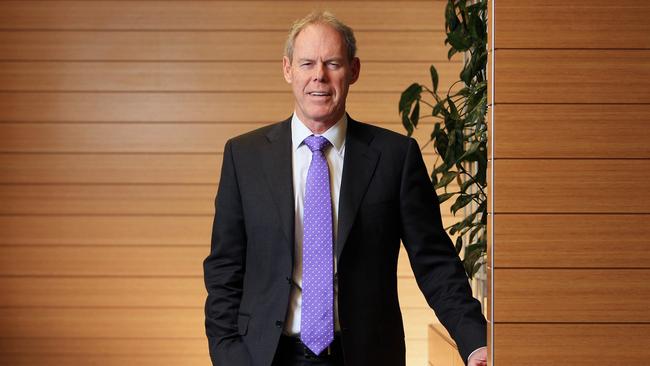
The national charities regulator has defended a string of non-profit organisations criticised for being too slow in distributing almost $650m to victims of last summer’s bushfires.
The Australian Charities and Not-for-profits Commission found three high-profile charities — the Red Cross, the NSW Rural Fire Service, and WIRES — had not withheld funds and were not “stockpiling money”.
Its review also found that damaging allegations levelled at charities were magnified by misguided “third-party fundraising campaigns”, including the debacle over comedian Celeste Barber’s $51m bushfire appeal.
The Red Cross, meanwhile, was targeted by “malicious actors” who attempted to defraud the organisation by lodging more than 1000 bogus applications for financial assistance at the height of the bushfire crisis.
Gary Johns, commissioner of the ACNC, said the regulator opened the review in January amid concerns charities were failing bushfire victims by not distributing donations fast enough. “We found each charity to be credible and professional,” he said. “They were able to show us that they were taking the necessary steps to manage the funds responsibly in a time of great uncertainty.”
The review found third-party fundraising efforts, spearheaded by celebrities and social media stars, led to “confusion amongst donors” and derailed attempts by charities to control their message.
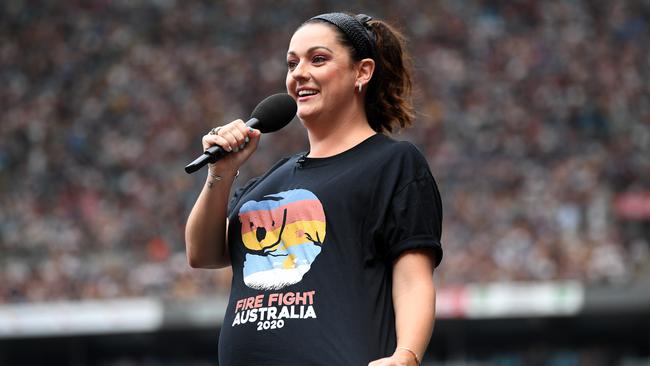
Barber’s “extraordinarily successful” RFS campaign had mistakenly promised donors the money would be used by the RFS for charitable services it “could not legally deliver”, the review noted.
The ACNC said the global momentum behind Barber’s campaign meant it had already “raised tens of millions of dollars” by the time the NSW RFS Trustee tried to “intervene”.
“Consequently, the NSW RFS Trust could neither control the messages during the fundraising campaign nor identify donors and communicate with them directly after they had donated,” the review said.
The review identified a lack of “current and comprehensive” information on disaster-affected communities, including data on properties damaged by the bushfires, which ultimately “hampered charity response efforts” and served as a “barrier” to delivering services to those in need.
Staff at the Red Cross, for example, were forced to identify legitimate bushfire victims and had to physically inspect some properties to verify grant requests.
Dr Johns said the charities acted legally and responsibly and had properly allocated funds to bushfire response programs while protecting donations from fraud.
An unexpected swell of generosity from donors meant many charities were initially overwhelmed, with wildlife group WIRES receiving donations that far exceeded its previous revenue.
The group received $91m in the space of just a few months, compared to the $3.4m received in 2018-19, while the RFS received $100m and the Red Cross collected $232m.
“Given the scale of the disaster, the huge amount of money raised and the level of community expectation, it was important to provide assurance to the public by conducting these reviews,” Dr Johns said.


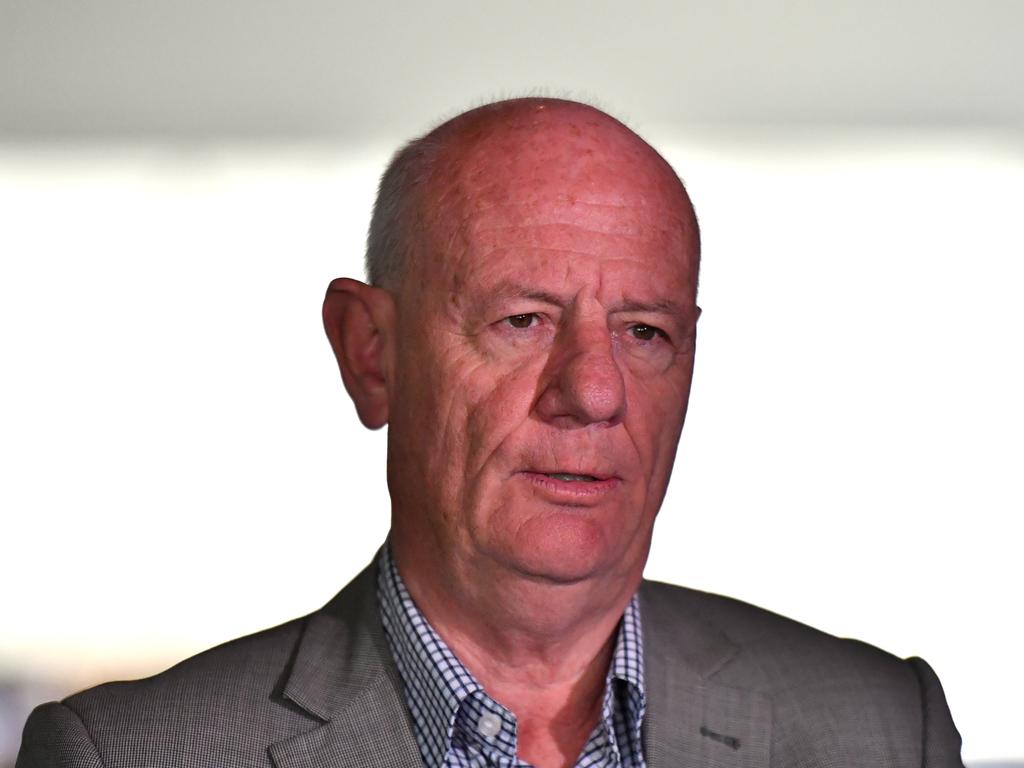
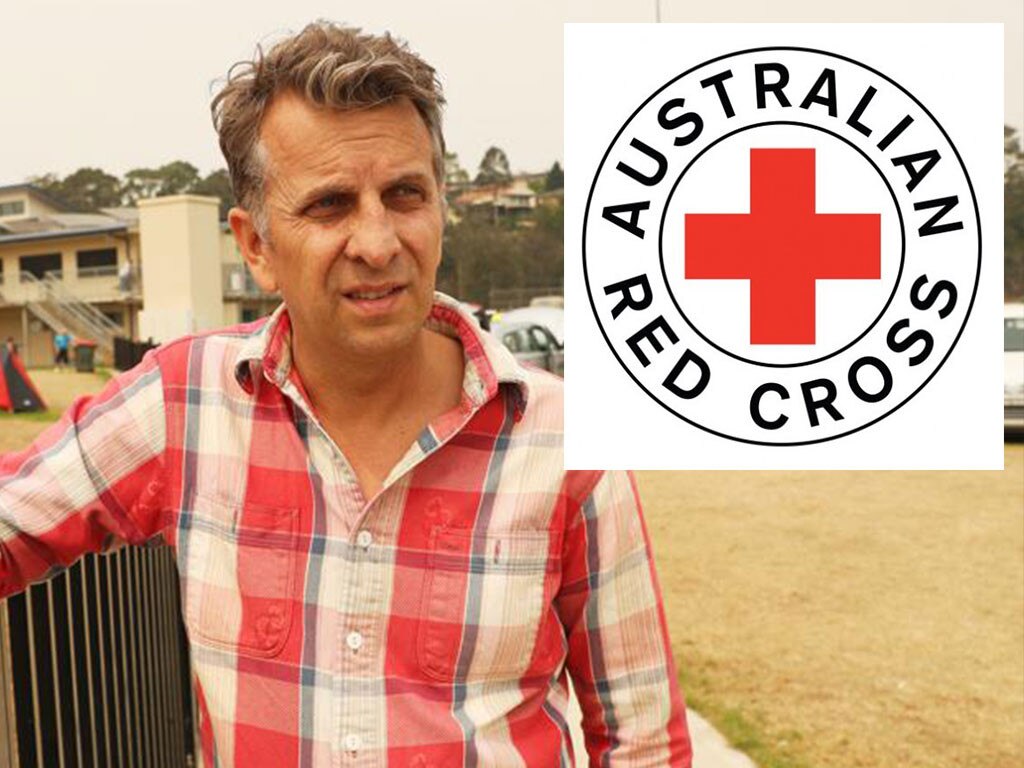
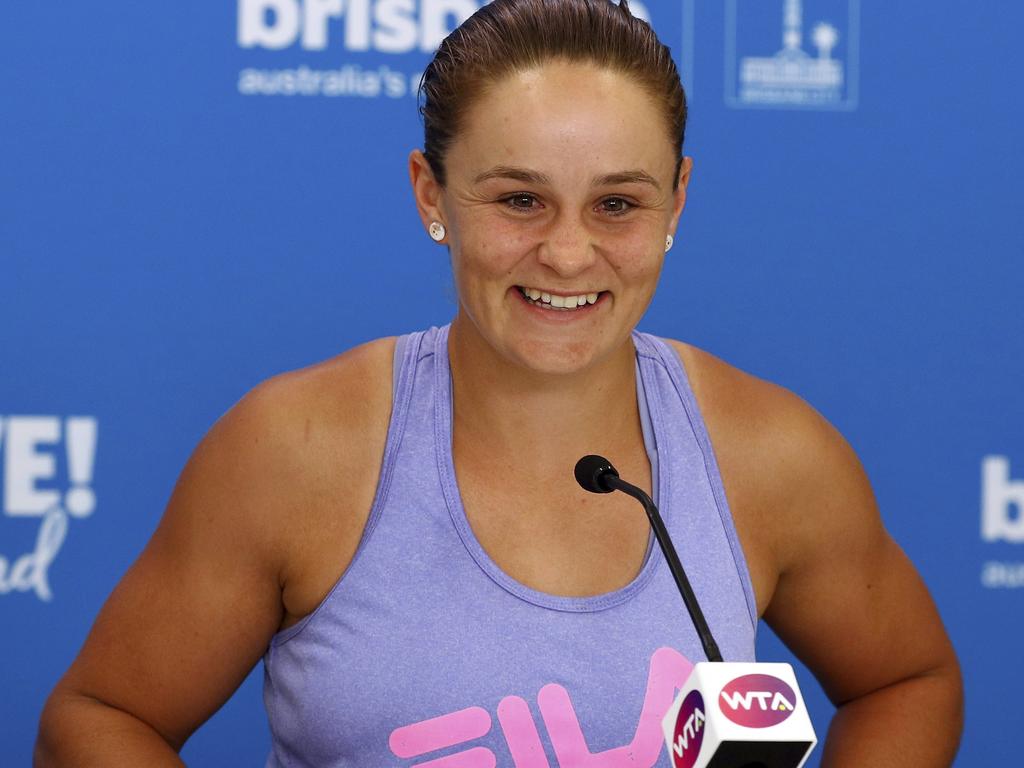


To join the conversation, please log in. Don't have an account? Register
Join the conversation, you are commenting as Logout